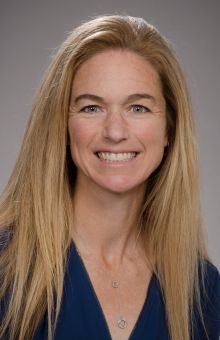Clinical and Research Background
The Davis lab utilizes in vitro and in vivo genetic engineering approaches to elucidate the cellular and molecular underpinnings of cardiac wound healing and the fibrotic response. Fibrosis and scarring is a feature of virtually every mode of cardiac disease that is both a hemodynamic burden and a strong prognostic indicator of heart failure. Due to the limited regenerative capacity of the myocardium, the heart’s response to injury is to permanently scar creating a myocardial environment that is altogether more hostile to regeneration. Through the use of genome-wide functional screen for cellular differentiation we have started to identify novel molecular and mechanical signaling networks that program cells to create fibrotic tissue. Our ultimate objective is to leverage these networks as a means of developing interventions directed at enhancing repair and/or mitigating the fibrotic response. As many of these signaling networks are likely part of the global injury response, our lab can utilize these genetic engineering approaches to further investigate the injury response in other tissues including skeletal muscle, lung, skin, and even tumor metastasis.
Dr. Davis performed her postdoctoral training at Cincinnati Children’s Hospital Medical Center in the Department of Molecular and Cardiovascular Biology. In recognition for her work in the basic cardiovascular sciences she was awarded the Louis N. & Arnold M. Katz Basic Science Research Prize for Young Investigators from the American Heart Association (2014).
Academic and Medical Appointments
Assistant Professor, Department of Pathology and Bioengineering (Joint), University of Washington, Seattle, WA, 2015-Present
Education and Training
Ph.D. Molecular & Integrative Physiology, University of Michigan, Ann Arbor, 2007
M.A. Exercise & Nutritional Science, San Diego State University, 2001
B.S. Kinesiology, University of Michigan, Ann Arbor, 1996
Publications
Latest publications from PubMed
